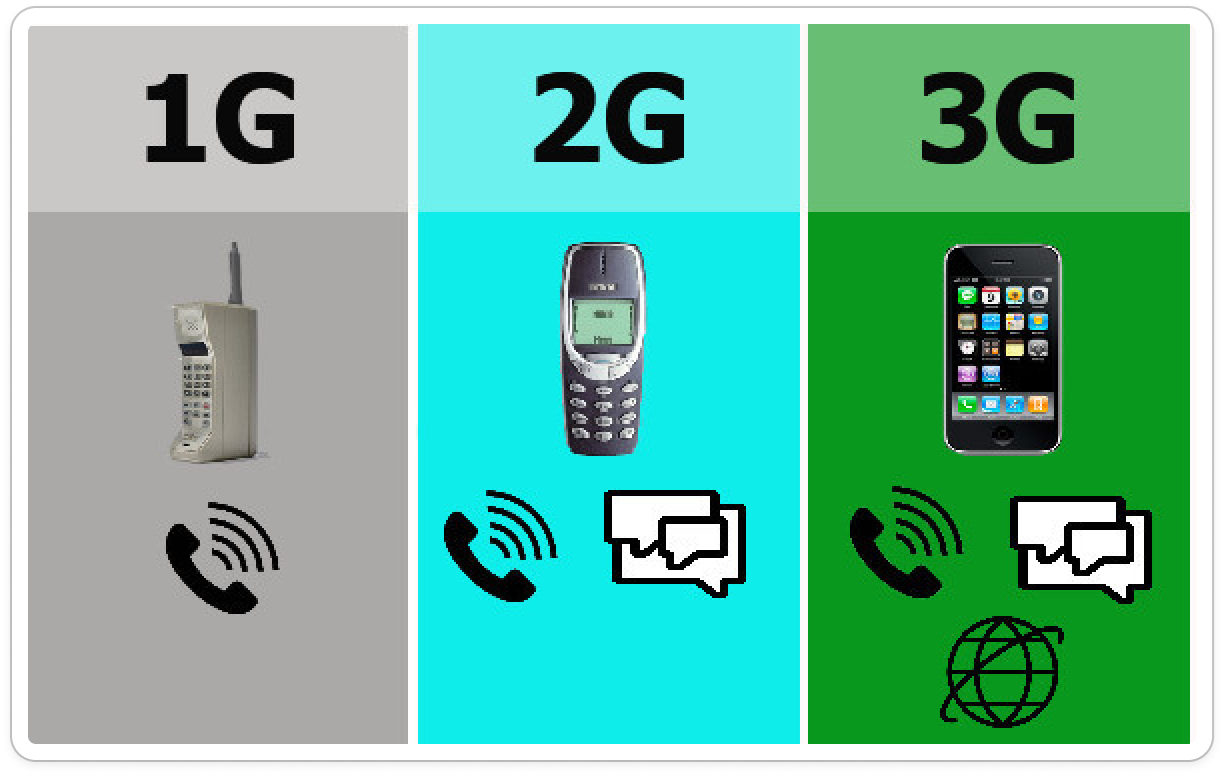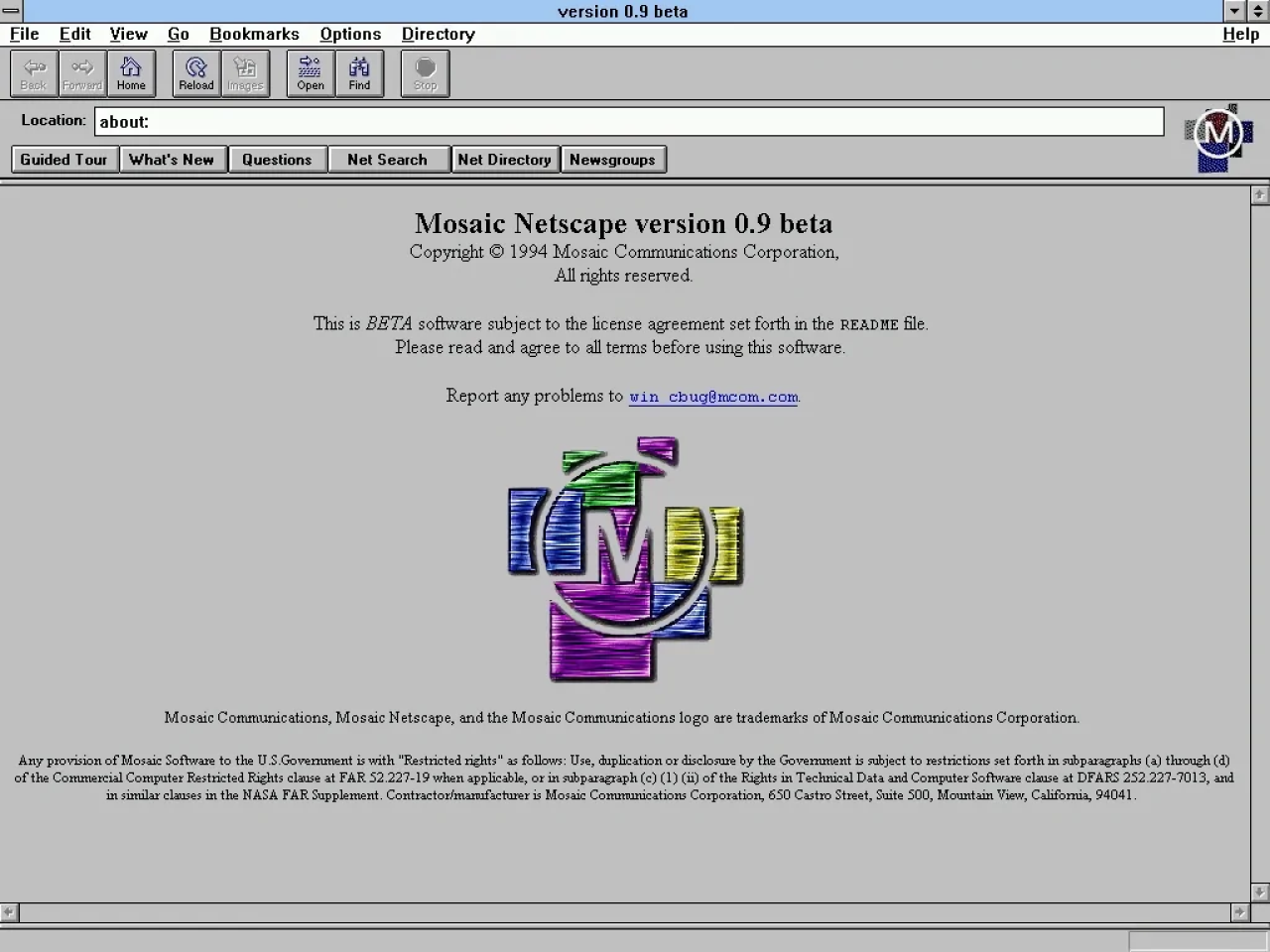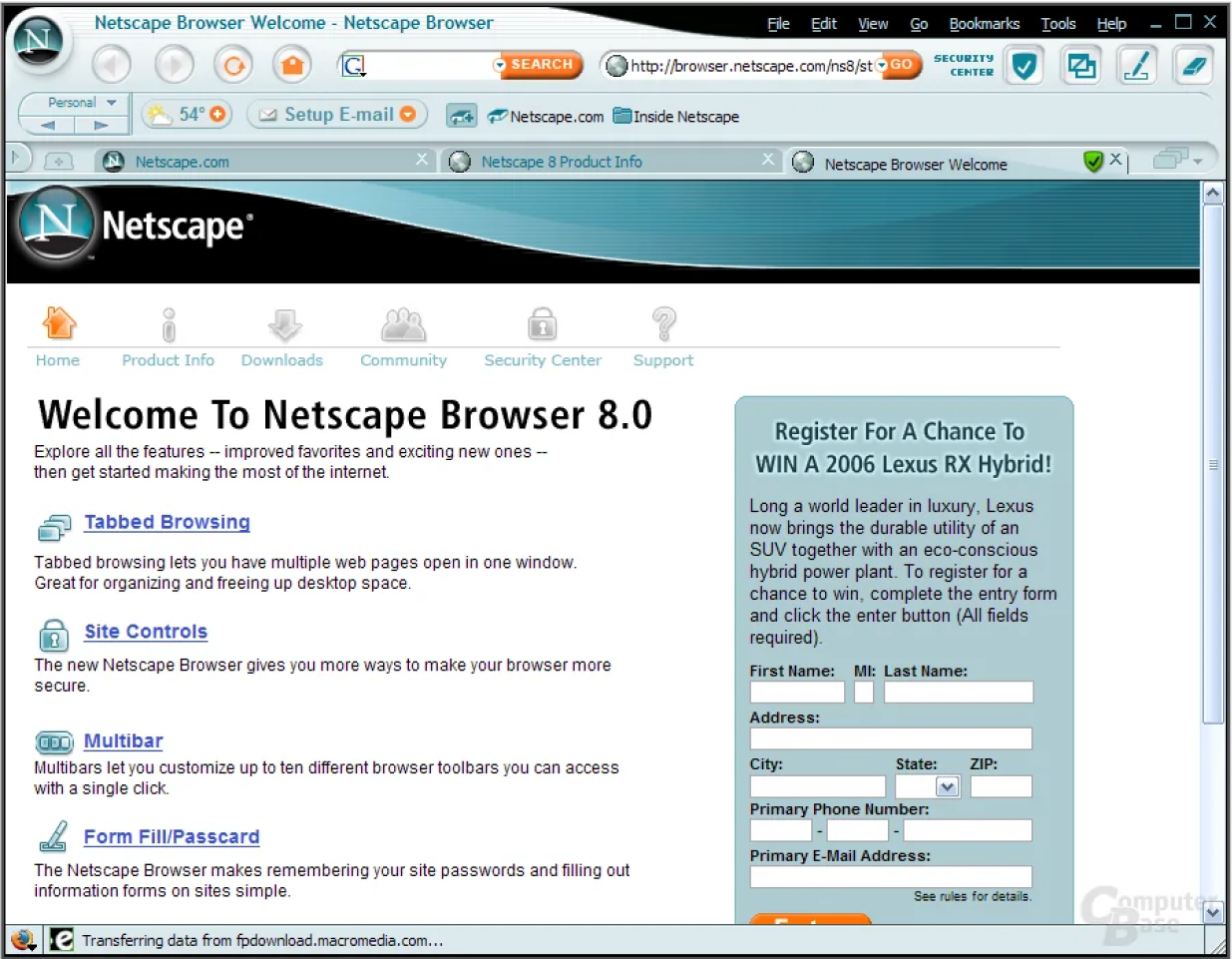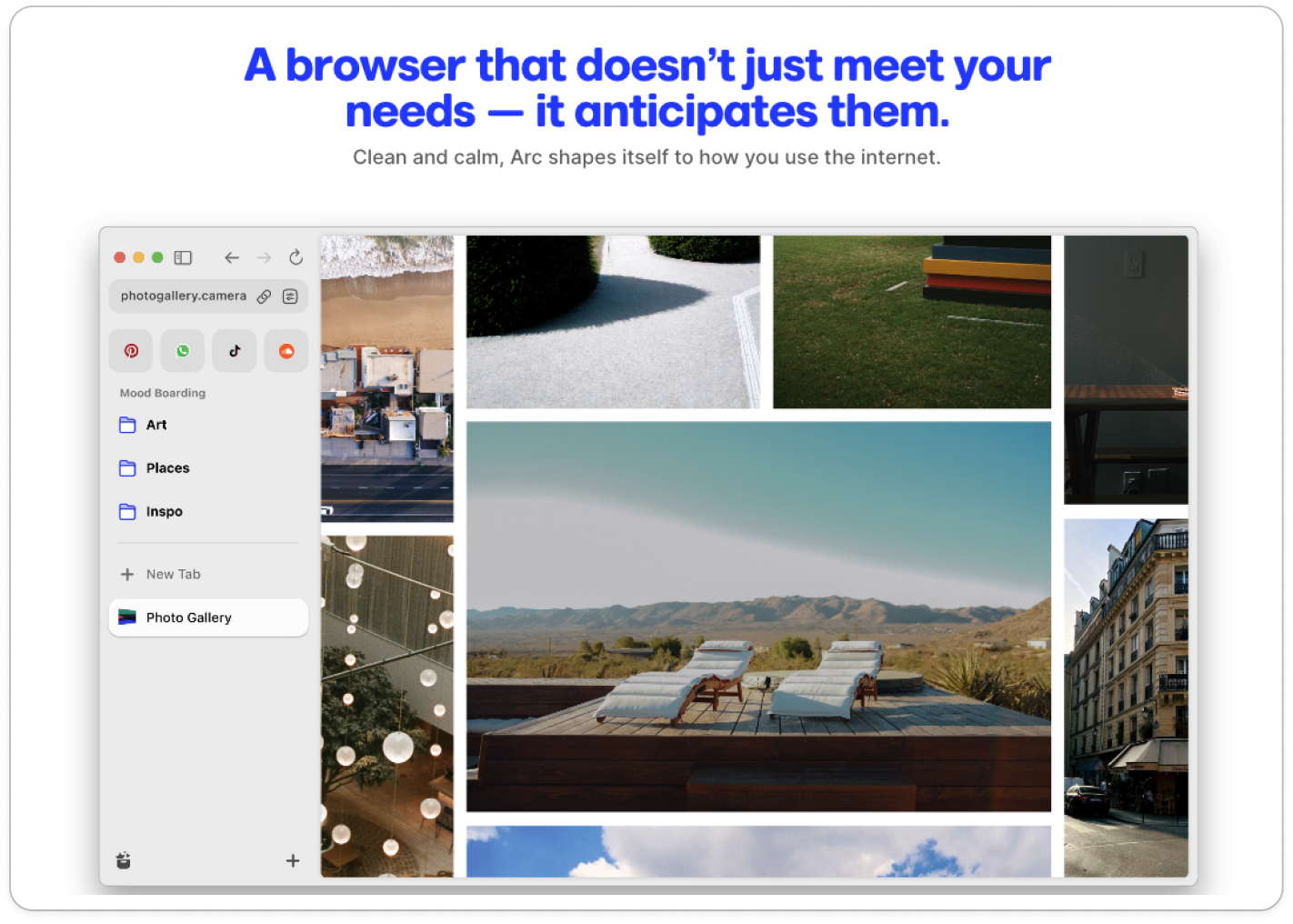Or, what Arc is building is incredibly hard to get right
But first, a definition to get us to a shared space of understanding.
Paradigm shift == a fundamental change within a domain, that alters it entirely.
Example in the wild: mitochondria being created and all multi-cell life on earth coming from it, the graphic interface for computers that we can click / tap / type into ( see: the mother of all demos ), mobile phones and now coming into the fold- AI
Paradigm shifts are difficult to time, craft and execute. Someone has to discover an idea to open up what’s even possible, then someone else has to build the thing that brings it to life. Electricity was known about long before the first telephone call was made. And that’s just the hardware of it, because adding another layer to it we as humans we like to be comfortable. Seeing a wholly different structure to something we already know and understand, or trying to conceptualize how something net new will come to be, inherently gets us out of that comfort.
Given the right frame of mind, we may welcome it! But we may also just reject, ignore and move on ( or, rage 😡 ).
The historian Felipe Fernandez-Armesto once said a pithy statement to me that I think about frequently:
“Comfort is the enemy of wellbeing”.
In the world I’m in, the world of product development, I like think about how to navigate shifts in technology that are helpful and increase our overall wellbeing ( and yes, how to generate a profit 🤑 ). Because a lot of “the next new thing” won’t end up as expected.
But, when a new technology creates a whole new degree of what’s possible, how does one dance around that inherent discomfort to create something wildly successful?
Tales from a paradigm shift: Spotify
Lessons from a success

There’s many examples throughout history of paradigm shifts taking shape. But for the world I’m in, Spotify is a great example. They ushered in a change that years later seems so complete, it’s hard to see it being any other way- or even realize what Spotify did. And no, it doesn’t have all that much to do with music or Napster.
At the time Spotify came out, it was the real first introduction of streaming as a service- so new there wasn’t a name for it. Before Netflix was a production studio, before Disney added a plus sign and destroyed Star Wars, and even before YouTube was ubiquitous to our phones.
Before that to have music with you in the medium of digital files, people were completely accustomed to downloading music, plugging in a dedicated music device ( that’s right, it wasn’t all in our phones if we can remember back that far ) and load what music they want from their computers. Sometimes in that process having to make tough choices of what would stay and go, from what would fit. After that, you then could finally take it with you out of the house.
Thanks to improvements in cell signal, streaming a song as you’re listening to it became possible. That totally upended the whole market that was in place. Consider, when was the last time you remember when someone would’ve been stoked to get an iPod as a gift? ( I remember when an iPod entered an office white elephant game, and for that 30 minutes, there was blood in the water ).
Spotify had the benefit of starting with a desktop app where streaming from a good connection was the default, leveraging that to iterate their way into the mobile world. Explaining that process would be a series in and of itself, so I’ll leave that part there.
Just focusing on being able to stream on demand; consider, how do you design an interface for an interaction that before, wasn’t possible? Now remember that it will be on a screen that uses touch / taps and is much smaller?
People were used to searching iTunes to find something they already know about while they’re at home. But what about if you’re on your phone, and you can listen to anything you want right now? With a growing catalog of new music you’ve never heard of that could be from anywhere in the world? With whole expansions of genres and artists you’re utterly unaware of, but would really enjoy? ( Another topic that has only grown since, with the incredibly low barrier to entry for an artist to upload their music, and algorithms to help serve the content ).

Remember that comfort line from Felipe? The previous paradigm of loading up mp3 files was the expected norm, and iTunes didn’t just corner the market, it created the market. What’s a company to do then when the whole of the market is comfortable with the status quo?
Spotify’s answer was to limit their user base, and design something fundamentally different than iTunes’ folders & list views ( a design that every competitor just copied in one way or another, shots fired Zune ).
I can’t tell you how many people I raved about Spotify to, only to hear they gave up on it because the interface was just too hard to figure out. When new technology comes into the fold, this is par for the course.
The tricky thing with shifts like this, is we can never predict which product is going to be the winner-- and what design will be come the expectation. Another obvious example of this at the moment is VR / AR products, both what product will win out, and more importantly what use case will be what tips it to mainstream adoption.
The next big thing, for real this time
Building AI in a web browser is where we haven’t yet seen the boon that’s coming. Being able to traverse the internet through AI assistance, is likely going to help solve, ( and, *ahem, compound ) the main issue with the internet.
Humans aren’t capable of making sense of that much information.
If it comes to betting who will take the crown in doing that, I’ll be so bold as to put all my chips in on Arc. For nothing else, because I want them to win, but they’re also doing an impeccable job at the three areas that I lean into ( Brand | Experience | Strategy ).
Since the beginning, Web browsing hasn’t changed

For better or worse, browsers are just about the same as they were with Netscape. Sure, there have been some improvements, but the basic URL bar at the top, folders for saved sites, tabs and history is about what you’re going to get and hasn’t changed for ages.

There’s been two big improvements in the browser since the netscape days.
One, is being able to open a new tab and start typing something in right away in the browser bar and have it interpret it as a search engine query. ( I was so excited when Chrome first came out and added that 🤓 )
The other, is having the ability to add extensions that act as apps within a webpage to solve a wide variety of things. But this one isn’t as new as you may think, and you might be surprised who was the first to do it.

Some browsers, like my recently dethroned Vivaldi, give you a few more features, but nothing as core to alter the experience as adding an extension. Features like splitting a view of tabs ( which was hands down my favorite feature of it ), notes + calendar + email & a few more things native to the app that help with everyday life on the internet.
Truth be told, and as much as a fanboy for Vivaldi I was, all but one of those features were just bolting them onto the same browser, adding some great branding, all while tugging on my heartstrings of being open source and privacy focused.
Privacy is the dark part of this whole web browser journey. Because us the users, didn’t get much improvement to what we got from using them to search the web. The folks building them, like Google, got a whole lot more from us and more features to leverage the users as the product.
Things like tracking our every move to ever finer, and finer, details. Think for a moment, if someone has everything you do in a web browser, they have a large part of your life captured. From where you spend you time time, to things you search you’d be embarrassed to explain.
Adding AI to a web browser, is only going to up the ante on that.
What if, a browser was built that did value privacy and not tracking your every move + had AI to assist as you take on alllll the information that’s on the internet?
💬 Arc has entered the chat 💬

In the next portion of this series I’m going to use my Brand | Experience | Strategy concept to pull apart what Arc is doing differently, and how they’re crafting a harmonious product. 📈🌱🧘♂️
They’re building product harmony, while simultaneously ushering in a paradigm shift. 🤘🤠🤘
Check out the first two posts in this series that introduced Brand | Experience | Strategy, with a short post on what those three are, and a longer version